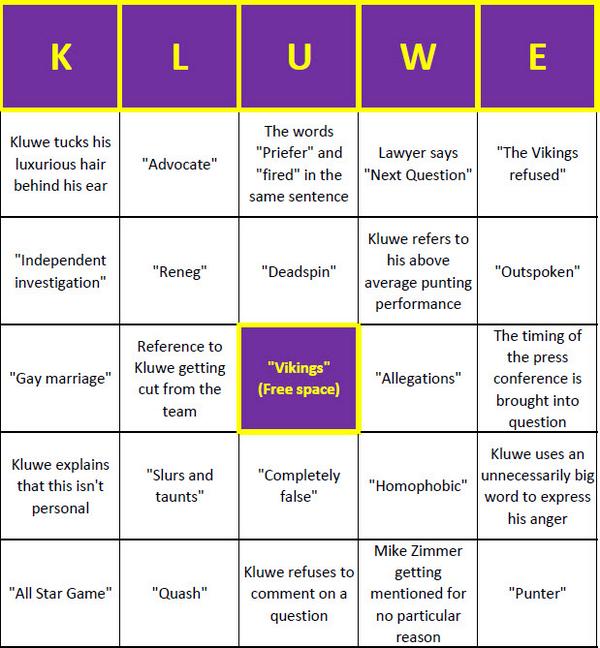In Forbes, Tim Worstall ignores the slogans to follow the money in the Net Neutrality argument:
The FCC is having a busy time of it as their cogitations into the rules about net neutrality become the second most commented upon in the organisation’s history (second only to Janet Jackson’s nip-slip which gives us a good idea of the priorities of the citizenry). The various internet content giants, the Googles, Facebooks and so on of this world, are arguing very loudly that strict net neutrality should be the standard. We could, of course attribute this to all in those organisations being fully up with the hippy dippy idea that information just wants to be free. Apart from the obvious point that Zuckerberg, for one, is a little too young to have absorbed that along with the patchouli oil we’d probably do better to examine the underlying economics of what’s going on to work out why people are taking the positions they are.
Boiling “net neutrality” down to its essence the argument is about whether the people who own the connections to the customer, the broadband and mobile airtime providers, can treat different internet traffic differently. Should we force them to be neutral (thus the “neutrality” part) and treat all traffic exactly the same? Or should they be allowed to speed up some traffic, slow down other, in order to prioritise certain services over others?
We can (and many do) argue that we the consumers are paying for this bandwidth so it’s up to us to decide and we might well decide that they cannot. Others might (and they do) argue that certain services require very much more of that bandwidth than others, further, require a much higher level of service, and it would be economically efficient to charge for that greater volume and quality. For example, none of us would mind all that much if there was a random second or two delay in the arrival of a gmail message but we’d be very annoyed if there were random such delays in the arrival of a YouTube packet. Netflix would be almost unusable if streaming were subject to such delays. So it might indeed make sense to prioritise such traffic and slow down other to make room for it.
You can balance these arguments as you wish: there’s not really a “correct” answer to this, it’s a matter of opinion. But why are the content giants all arguing for net neutrality? What’s their reasoning?
As you’d expect, it all comes down to the money. Who pays more for what under a truly “neutral” model and who pays more under other models. The big players want to funnel off as much of the available profit to themselves as possible, while others would prefer the big players reduced to the status of regulated water company: carrying all traffic at the same rate (which then allows the profits to go to other players).
 The long-running investigation into whether Vikings special teams coach Mike Priefer made homophobic comments to former punter Chris Kluwe may come to some form of resolution today (but that’s not likely), as the Minnesota Vikings have received the report from the investigators. What’s not clear is the next step, as Chris Kluwe and his attorney are holding a press conference a bit later this morning to complain that the Vikings are not releasing the report as they had agreed (or, at least, have not shared the report with Kluwe). Until the team makes some sort of official announcement, we’re watching Chris Kluwe drive the media agenda. Eric Thompson has thoughtfully prepared a handy-dandy little bingo card we can all use when the press conference gets underway:
The long-running investigation into whether Vikings special teams coach Mike Priefer made homophobic comments to former punter Chris Kluwe may come to some form of resolution today (but that’s not likely), as the Minnesota Vikings have received the report from the investigators. What’s not clear is the next step, as Chris Kluwe and his attorney are holding a press conference a bit later this morning to complain that the Vikings are not releasing the report as they had agreed (or, at least, have not shared the report with Kluwe). Until the team makes some sort of official announcement, we’re watching Chris Kluwe drive the media agenda. Eric Thompson has thoughtfully prepared a handy-dandy little bingo card we can all use when the press conference gets underway:



